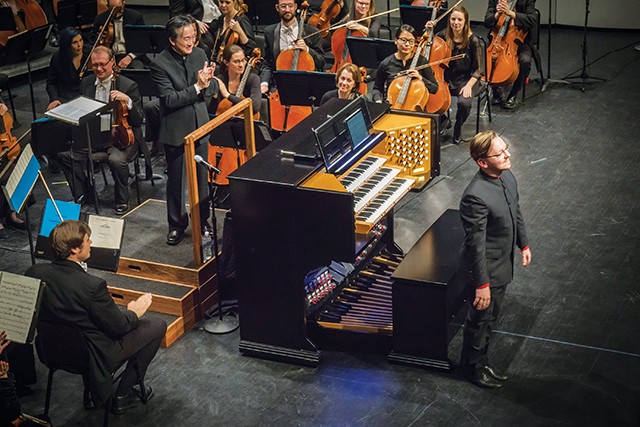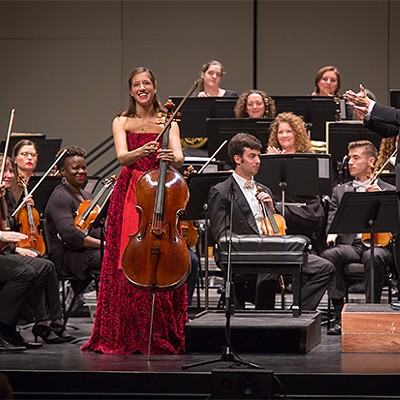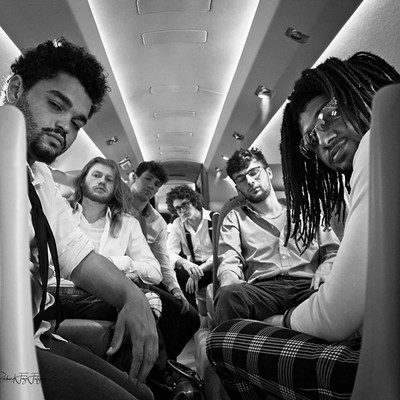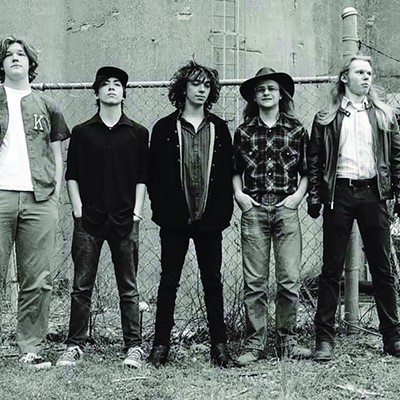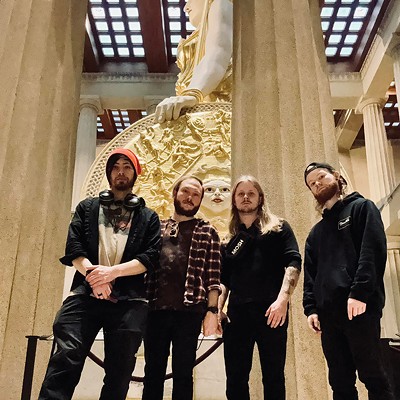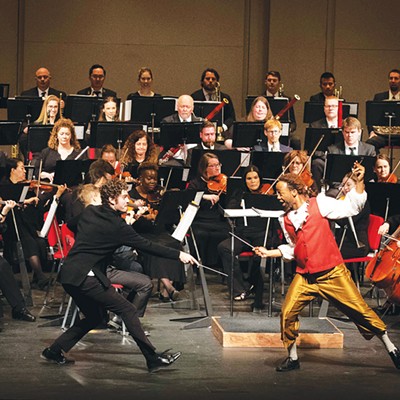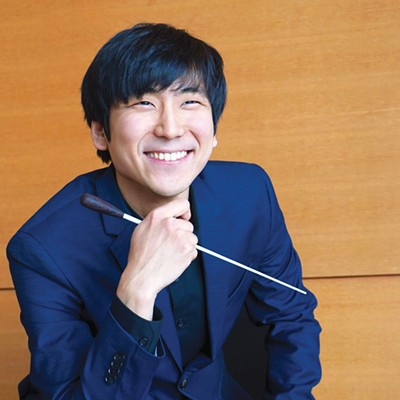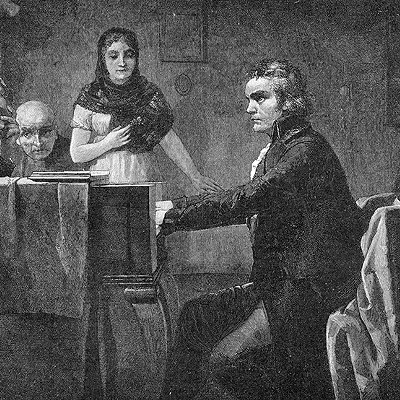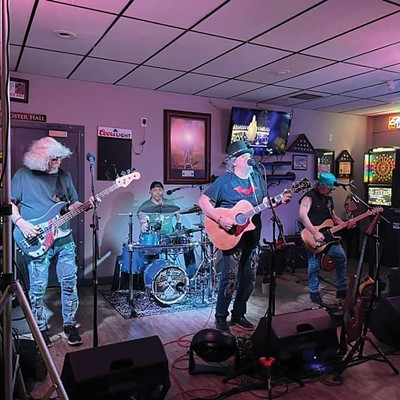Snow north of Springfield delayed several musicians from arriving at the venue on time, and may have resulted in a quirky flow to “Pipe Dreams,” Saturday’s Illinois Symphony Orchestra concert at Sangamon Auditorium. For example, an overture occurred midway through the first half of the program. But the music bristled with energy and excitement nonetheless. Guest soloist Felix Hell, a world-renowned organ virtuoso originally from Germany, took center stage for most of the evening, and his enthusiasm and technical mastery helped to smooth over any rough patches in the flow.
Anti-establishment French composer Francis Poulenc’s “Organ Concerto in G Minor” (1938), consisting only of strings and organ, became a counter-intuitive default opening selection, but despite its relative structural difficulty, provided a striking introduction to organ wunderkind Hell. (Now 33, he performed his first recital at age nine.) The contrasting moods within the composition, ranging from bombastic to tranquil, provided for an equally impressive range from Hell. He had provided a brief and amusing introduction to the range and technical specifications of the organ he was using, which he explained had traveled with him to Illinois from its usual spot near the entrance of his home. Hell then gave an oddly placed but nonetheless rousing encore performance of the final movement from Louis Vierne’s Symphony No. One, which is one of very few symphonies composed entirely for solo organ.
Maintaining the organ theme while giving Hell a break, Edward Elgar’s arrangement of Bach’s “Fantasia and Fugue in C Minor” (1922) filled out the first half of the concert. The piece, as introduced by ISO music director Ken Lam during the concert, was Elgar’s “reimagining” of Bach’s composition replacing the original’s reliance on the organ with instruments such as the oboe and tuba, plus a fair amount of percussion. These had not been part of traditional performing ensembles during the 1720s, when it was originally composed. Saturday’s performance was alternately thrilling and elegiac, acting as a tonic after a challenging, if excellent, opening to the program.
The second half of the program consisted of “Symphony No. Three in C Minor ‘Organ’” (1886) by Camille Saint-Saens, with its four brisk and varied movements, half of which featured Felix Hell in an impactful return to the auditorium stage. By way of introduction to the piece, Lam described a dramatic and spiritual interpretation of the work, with Hell’s organ cast in prayerful mode during the somber second movement, with the transcendent fourth movement likened to “seeing the face of Jesus Christ.” The audience, relatively sparse due to bad weather, gave the orchestra, Lam and Hell a lengthy standing ovation.
The ISO will return at the end of April to close out Lam’s debut season – which is also the ISO’s 25th anniversary – with a program entitled “Beautifully Beethoven and Brahms,” featuring Beethoven’s “Pastoral” and guest pianist Steven Hough performing Brahms’ “Piano Concerto No. One in D Minor,” promising a delightful ending to an exciting year of music.
Scott Faingold can be reached at
[email protected].

